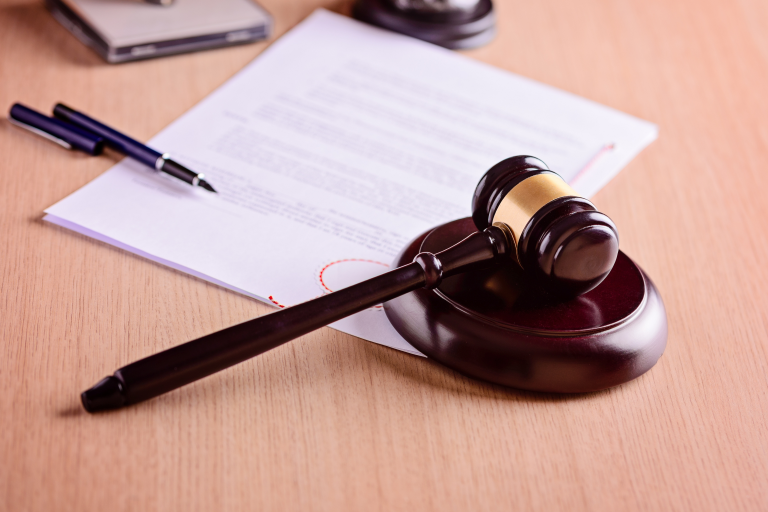It is fundamental that individuals looking for properties to purchase examine the land’s title to identify whether there are undetected issues affecting it. If a property owner wants to ensure the title is free of any claims against its ownership, he or she may file a quiet title action in court.
Keep reading to find out how to respond to a Florida quiet title action.
What is a Quiet Title Action? – The Fundamentals
Florida courts have a diligent approach to protect the recording of land ownership and the process of transferring ownership of real estate within state jurisdiction. When selling a property, its owner must transfer the title to the property to transfer its ownership to a buyer.
If there are any encumbrances on the title of a property, it is considered unmarketable. A quiet title action is a lawsuit used to ask the court to issue an official judgment to eliminate the rights of any third parties who may have an interest in a property.
A successful quiet title action may result in an order signed by a judge declaring that all adverse legal interests and claims to a property have been cleared and the new owner has indisputable ownership rights over that specific property.
Once the court issues the final judgment, the title of the property is deemed “quieted.” Please note that not all claims to a property may be erased by a quiet title action.
For example, a quiet title action will not clear the title of a property from a legitimate federal tax lien attached to it. Before filing a quiet title action, it is fundamental to work with an expert attorney to perform a title search.
A title search will identify the existence of “clouds” in the title of a property, such as liens, judgments, recording errors, unpaid taxes, heirs of a deceased previous owner, and other issues.
How to Respond to a Quiet Title Action in Florida – Understanding the Process
Once the owner of a property has proceeded with a title search, he or she may promptly file the quiet title action in the appropriate court. This process requires any interested parties to be served a copy of the lawsuit as soon as possible.
After receiving the notice, any interested party has 20 days to respond to the action (counting from the date of receipt). If one of the interested parties fails to respond within the set period, the court may enter a default against that party.
When responding to a quiet title action, an interested party must:
- Identify his or her right to the property
- Draft a counter-petition against the action
- File a response
- Send notice to all interested parties
In the counter-petition, the contesting party must identify the parcel of land in dispute and provide further details that demonstrate his or her superior ownership rights to the title.
Eventually, the court will set a date and time for the final hearing. In most cases, the scheduling of the final hearing happens 30 days after filing the motion.
Quiet Title Action in Florida – Immediately Contact an Expert Attorney at Jurado & Association, P.A.
Responding to a quiet title action requires a strategic approach. Get in touch with a well-versed attorney from Jurado & Associates, P.A. by calling (305) 921-0976 or emailing [email protected] to schedule a consultation.






